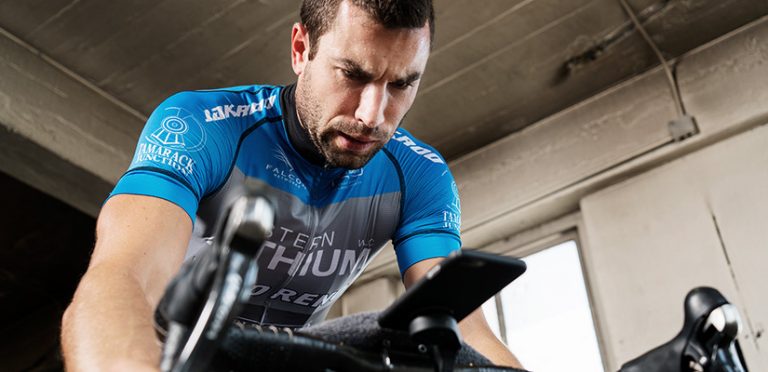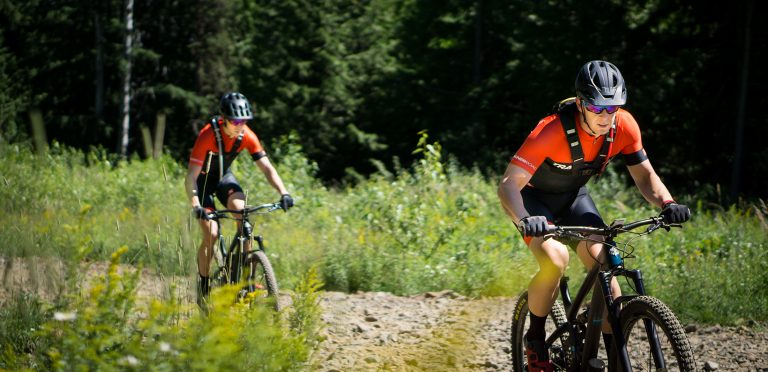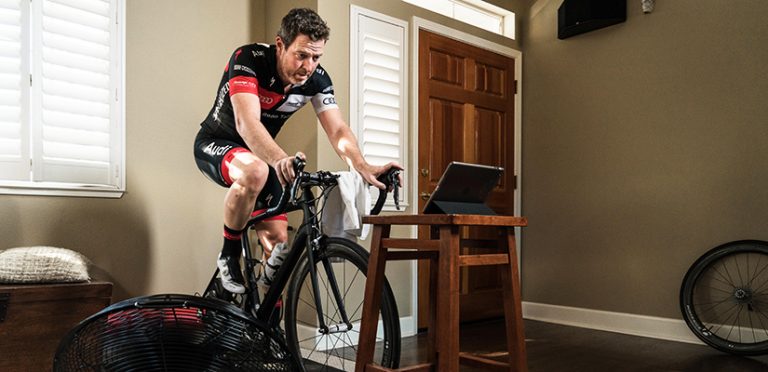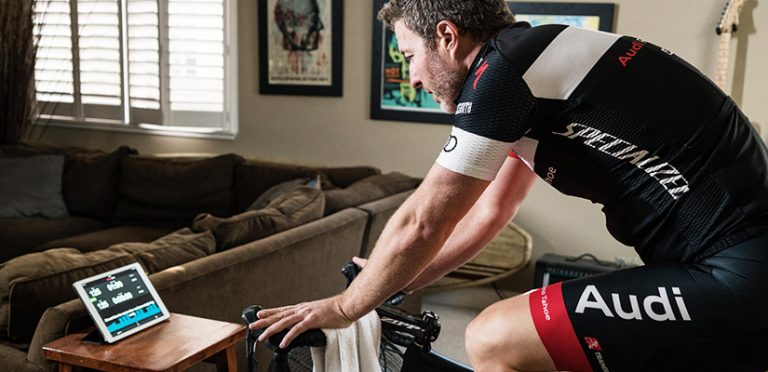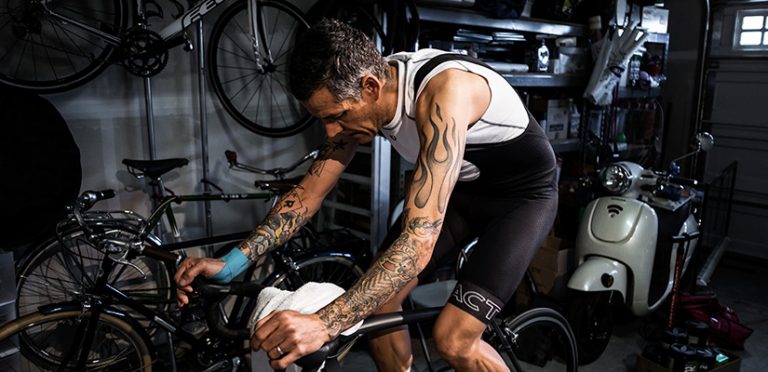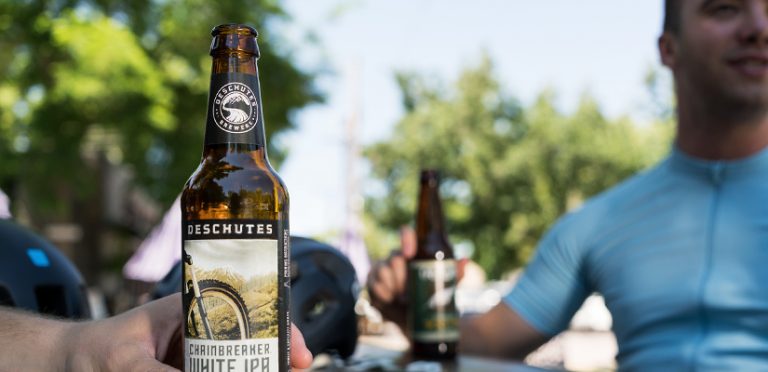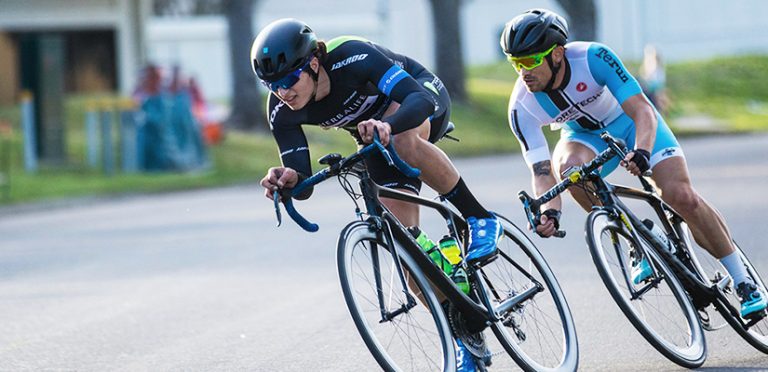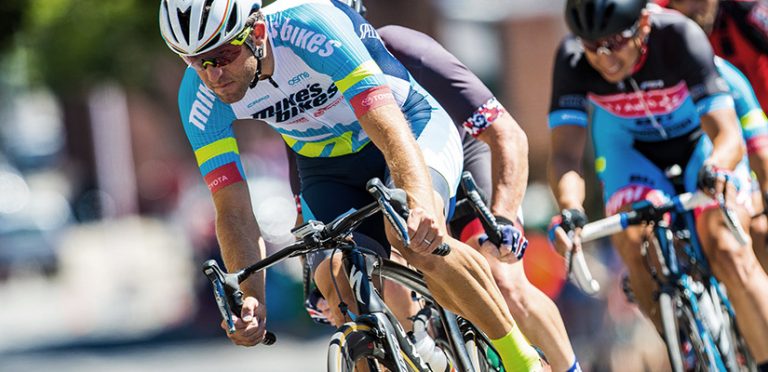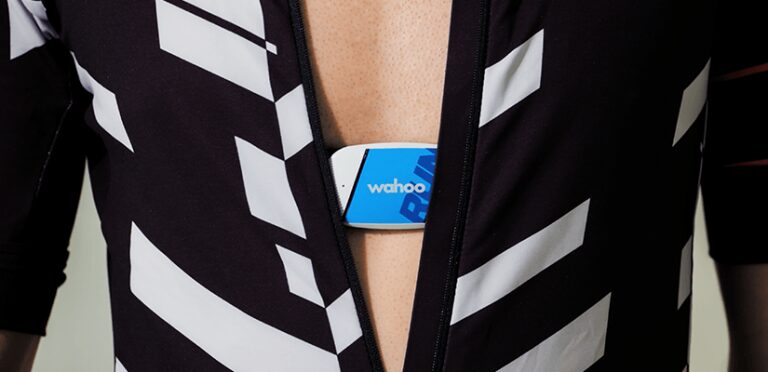Ever wonder about recovery intervals? The purpose they serve, the durations they last, even the intensities they’re prescribed at? You’re not alone… We had the same question, and so we talked about it in depth on episode of 114 of the Ask a Cycling Coach podcast. Here’s an expansion of that discussion. Furthering performance capabilities…
